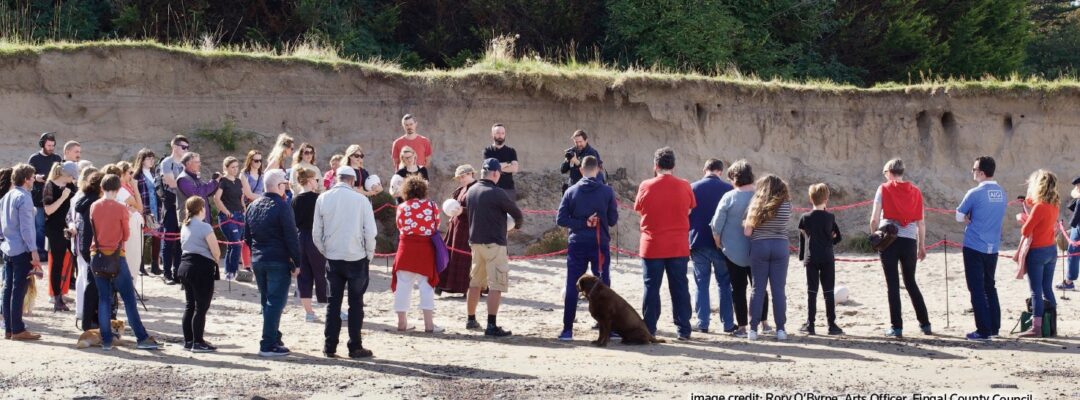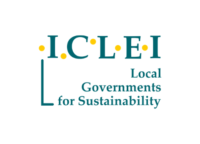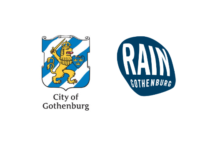Commissioned by the Creative Ireland programme in late 2019, this research report explores the ways in which the creative and cultural sectors can engage the public in climate change.
It explores the context and motivations for this work, before detailing a high-level snapshot of activity towards this end already happening Ireland (including 41 project examples). Finally, the report sets our a series of considerations, opportunities and recommendations for both the creative and cultural sector and policy makers.
Some key points which align with the approach of Cultural Adaptations
- Climate change is a ‘collective action’ problem that requires new types of cross-sector collaboration, moving beyond just factual understanding of the issues and towards changing the socio-cultural norms which drive our ability to adapt.
- Although culture has played a significant role in many social transitions, public engagement and in addressing complexity, the role of culture rarely features in climate change policy or strategy.
- Cultural engagement with climate change can help new audiences engage with climate issues, increase understanding of the complexity of the challenges we face, and help explore the tensions and values which impact our decision making on climate action.
- Instrumentalism, where art is used as function to communicate climate science, is not the primary way through which the culture and creative sectors can contribute.
The research proposed a series of recommendations
For the Creative and Cultural Sectors
- Use multiple approaches, platforms and channels to engage citizens in dialogue, learning and action around climate change.
- Climate proof the Cultural and Creative sectors, accounting for the economic and environmental benefits.
- Shape and co-create cultural and creative policy so that it creates the conditions and
frameworks for public engagement around climate change and climate action. - Involve creative professionals in devising new approaches and solutions towards climate policy design and implementation.
For policy makers
- Provide dedicated support, including funding opportunities, to develop climate related artistic practices or scale up existing initiatives.
- Build partnerships and supporting collaborations to continue to build dialogue within different levels of government and between government and non-government actors.
- Actively advocate for and promote the Cultural and Creative sectors as essential to achieving climate change policy commitments.
- Develop Capacity of the Cultural and Creative Sectors through training and knowledge exchange, including a focus on devising methods for measuring impact of public engagement on climate action.
The report concludes with a list of participating projects and organisations, and international examples of best practice.
Read the full research report














